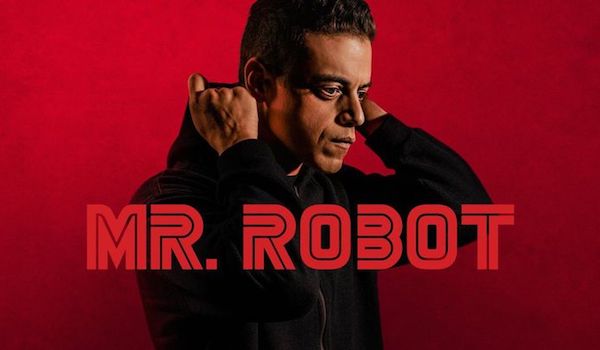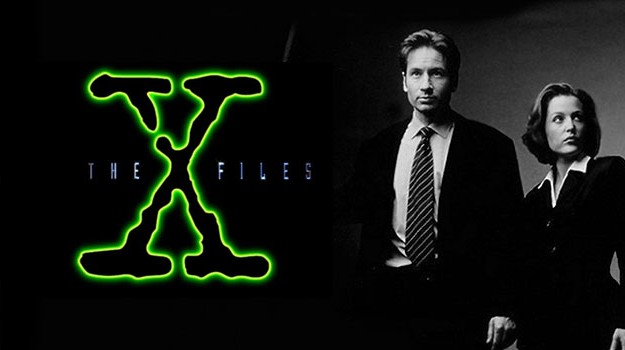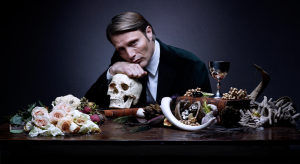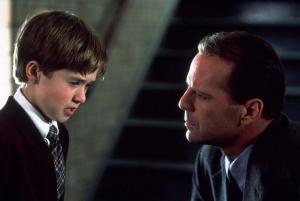It’s not hard to see why opposites are littered all over many different types of stories. What makes us different, in some cases, can be just as important as the similarities we find in one another. Think of Romeo and Juliet – a story built around the idea of opposites, of the forbidden. The fact that the story ends up being about the bonds we can forge despite these clashes of culture, despite our upbringing and the prejudices we’re told to uphold and live by, is one of the reasons it works so well.
In some respects, the same can be said for One Day, a Netflix adaptation of the 2009 novel by David Nicholls. (No, I’m not saying it’s as good as Shakespeare – whilst I did the series, that would be a step too far!)
Now, you may be wondering why I’m making such a comparison, but it’s important to note that, as with many love stories, there are similarities to Shakespeare’s tragedy. Romeo and Juliet is one of the quintessential love stories of its time, and frankly, any time, because its very message pertains to the fact that love can break down barriers that are so often placed around us in society. This universal message can be found emanating from many stories today, including One Day.
The beauty of One Day partly lies within its conceit – one that, on paper, can seem gimmicky at first but, with the story’s considered, careful execution, is anything but. One Day follows Emma Morley (Ambika Mod) and Dexter Mayhew (Leo Woodall) – showing their lives on the same day across many years. It is partly about the progression of time and how our lives can change, take turns we don’t necessarily want or ask for and, as such, it’s partly a tale about struggling to find a way in life.
Back to the theme of opposites. These two characters couldn’t be further apart, in many aspects of their life. Emma is from a working-class family in Leeds, has to take shitty, demolishing jobs to survive and dreams of being a writer; she’s a creative at heart. Dexter, however, is from money – raised in London and someone who has never had to even consider getting a job to make ends meet.
They bump into each other for the first time on July 15th 1988; during their graduation party at the University of Edinburgh as they both see a nebulous, uncertain future laying ahead of them. You can instantly tell how different they are from their demeanours, as so much of their characterisation is clearly built on this.
Emma is shy, a bit awkward, clinging onto friends; found at the edge of the party as it begins to wind down. Dexter, however, clearly possesses confidence, a man who, as Emma states, gets noticed around campus for his dashing looks and sexual conquests. Whilst this may seem vulgar, this is important – again, it builds this contrast between them. In almost every possible way, they are different.

There’s a cynical edge to this; one that I’m instantly going to rebuff, but it’s worth mentioning. As a writer, you want to hook as many audiences as possible into noticing and reading your story. So, how would you do that? Simple – by creating characters who are opposites in order for there to be a greater chance of a reader or viewer seeing themselves in a character. Ultimately, many readers and viewers want to see themselves portrayed in front of them; to identify with a character, to see a piece of art they can recognise to tell them something about themselves.
So, the cynical argument could be: Well, they’re only different to draw in as many people as possible. After all, if you don’t see yourself in Emma, there’s every chance you could see yourself in Dexter. Theoretically, yes, that is possible, but, frankly, that’s just the nature of writing. Why? Because you WANT opposites! Opposites form the very basis of comedy, drama, hell, any writing, really!
Opposites help with character dynamics, plotting, can help build tension and make your characters seem more real. Now, this isn’t to say that characters can’t have things in common – my argument is both are important. But, in there lies the beauty of One Day (and many stories before it).
The journey of characters with opposite views is to show that people can overlook said differences. It ultimately doesn’t matter that Dexter is wealthy and Emma isn’t; it doesn’t matter that Emma is creative and Dexter doesn’t have a creative bone in his body – from a character-building perspective, it’s important to create opposites to build a diverse cast full of interesting characters, but the real message is that what could divide us doesn’t need to be what divides us.
And, of course, yes, you could do down a completely different route with this – you could create a bleak character drama where Emma and Dexter couldn’t get past their differences and they never saw each other again but in that is kind of my point: even if you wrote it that way, it only reinforces how important opposites can truly be.











